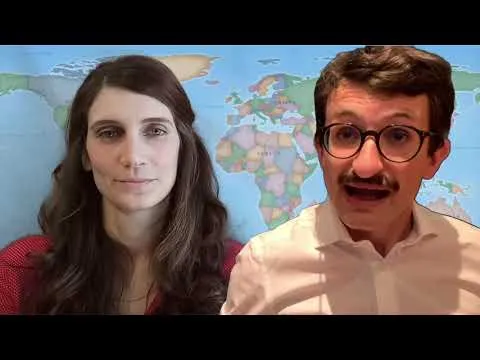
An Award Winning Video on Extraterritorial Jurisdiction
"Here, There, and Everywhere. Double Criminality Requirement for Extraterritorial Jurisdiction", by Camilla Mostardini and Tommaso Trinchera, won the WG Hart Legal Workshop 2021 prize for best video presentation.
The organizers of the workshop on "New Perspectives on Jurisdiction and the Criminal Law", were forced to move the 2021 edition online and participants had the option to deliver their scholarly paper presentations through a video.
In their video, Mostardini (a PhD Candidate who is going to defend her dissertation on topics related to the paper), and Trinchera (an Academic Fellow at Bocconi Department of Legal Studies) discuss whether, in order for a State to punish an offence committed abroad, the conduct needs to be a crime also under the laws of the State where it occurred.
While many offences, such as murder or theft, are considered crimes under any jurisdiction, the issue refers to controversial classes of crimes related to ethical beliefs. The examples put forward by the authors are surrogate motherhood; euthanasia and assisted suicide; abortion in absence of the conditions and procedures established by the law.
The authors propose new foundations for the opinion that double criminality is required. "It's almost a natural principle that relies on the idea of social expectations," they say. "When I enter a foreign country, I must comply with its laws, but I'm also entitled to enjoy any advantages that it offers with respect to my home country."
Nowadays, it would sound arrogant from a modern state to demand that that their laws should follows citizens everywhere in the world. "It is suitable for an authoritarian State," they say, and conclude that if Italian law seems sometimes to exclude the double criminality requirement, it is probably due to the authoritarian origin of the Italian Criminal Code, first written in the 1930s.
Here, There, and Everywhere
